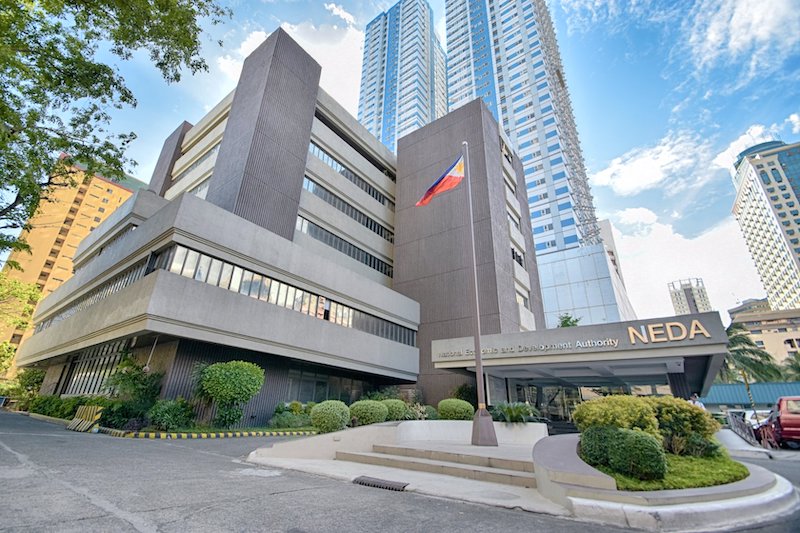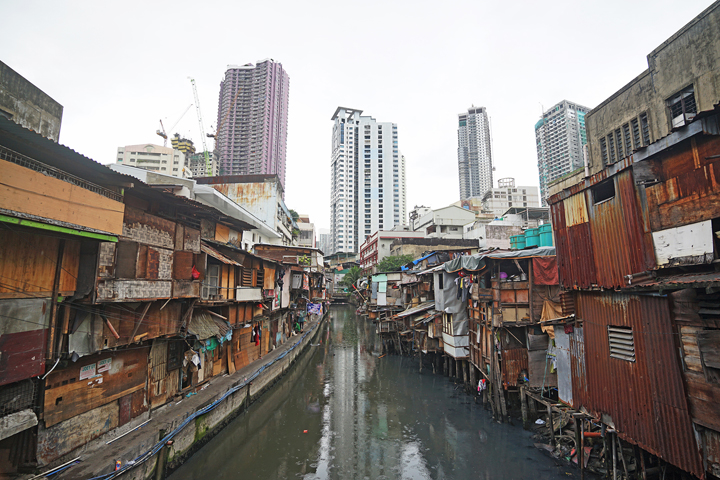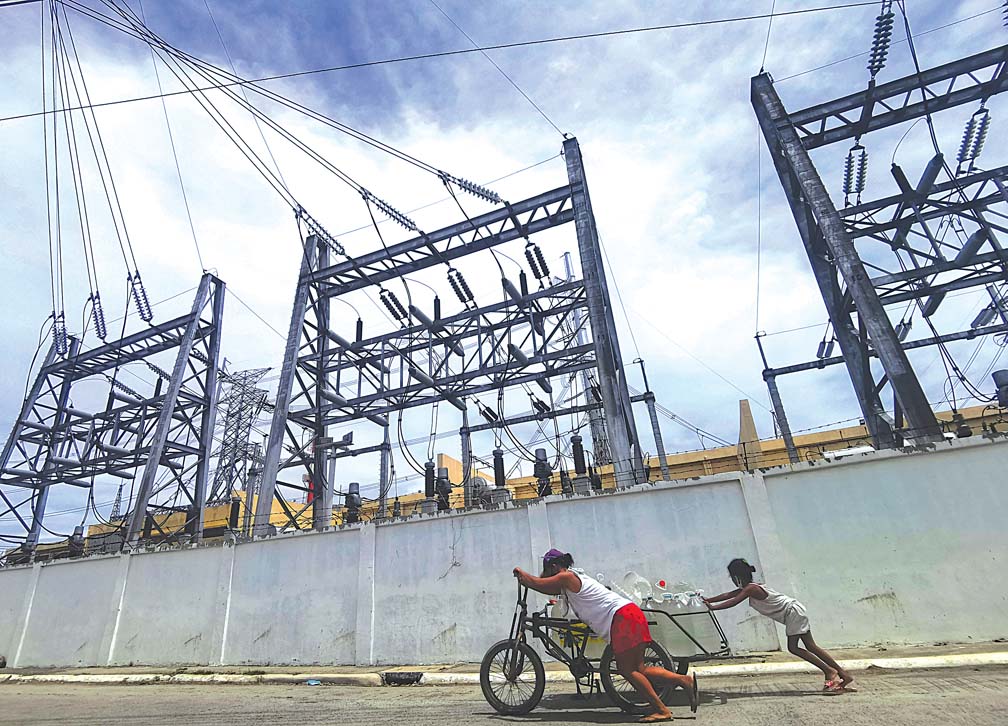Election experts voiced the need to strengthen the mechanism for recall elections alongside moves to regulate political dynasties in the proposed federal charter.
Institute for Political and Electoral Reform Executive Director Ramon Casiple said provisions on the recall process of the Commission on Elections (Comelec) should be updated, as the shift to federalism could result in longer terms for lawmakers and local government officials.
“The scope and methodology [for recall polls] is considered deficient because it exempts congressmen and senators…it should cover all elected officials,” Casiple told the BusinessMirror. “In the discussions for the proposed constitution, it is either you retain or strengthen the provisions (for the recall polls) to include congressmen and senators. This is important so the electorate could remove those they no longer prefer,” he added.
The recall election is a mechanism of the Comelec to allow voters to remove then replace elected local government officials due to loss of confidence before the end of their term. It currently only covers public officials in the provincial, city, municipal and barangay levels.
Casiple said this will address the gaps in the impeachment process, which only applies to the president, vice president, justices of the Supreme Court, members of the constitutional commissions and the Ombudsman.
Legislation woes
The political analyst said this is even more crucial amid reports that the ruling political party Partido Demokratiko Pilipino–Lakas ng Bayan (PDP-Laban) in Congress is pushing to set the term of lawmakers in its federal government model to five years, from the current three years for congressmen and six years for senators.
There is a similar proposal from the Liga ng mga Barangays of the Philippines to extend the terms of barangay chairmen from three years to five years.
Like the issue on political dynasties, Casiple noted that the reform may have to go through the consultative committee (Con-com), as lawmakers are unlikely to pass the necessary law that would go against their interest.
“This is the reason they are not included in the officials covered by the law on recall in the first place,” Casiple said.
The Con-com, created by President Duterte to review the 1987 Constitution, already decided to restrict “political dynasties,” but it has yet to discuss term extensions and the recall polls.
More feasible
Former Comelec Chairman Sixto S. Brillantes Jr. agreed with Casiple’s recommendation to strengthen the recall elections, especially with the proposed term extensions.
“Recall elections will play a more important role if the terms will be prolonged, since it will take a longer time for voters to replace their elected officials,” Brillantes said.
The veteran election lawyer also explained that filing a recall petition, the first step toward a recall election, will be even more feasible if officials have longer terms.
Under the current rules of the Comelec, a recall petition may only be filed “a year from the date of assumption to office of an official and not later than one year immediately preceding the next regular local elections.”
Brillantes said this leaves voters only up to the second year of the three-year term of a government official to file their recall petitions.
Aside from the time it takes to assess the sufficiency or insufficiency of recall petitions, Comelec Spokesman James Jimenez also admitted that the filing and processing period eats up more time, making it harder for them to enforce the recall polls.
“The cases may drag for quite some time—all because of the legal mechanism adopted by the aggrieved parties. The challenge would be to be able to conduct recall election within the time frame provided by law,” Jimenez said.
If local government officials are given five-year terms, Brillantes said voters could initiate the recall process from the second to the fourth year of their term.
Few cases
Despite previous attempts of the government to make it easier for voters to file recall petitions by removing the preparatory recall assembly requirements in 2004, the Comelec was still only able to record a few recall polls in the last three decades.
Based on a report obtained by the BusinessMirror from the Comelec, the number of recall petitions recorded by the Election Records and Statistics Division showed it was only able to hold 72 recall elections from 1990 to 2015.
Of these cases, only 12 were confirmed to have resulted in the replacement of a local government official.
About 65 percent, or 47, of all these recall elections involved barangay captains. Eight of the recall petitions were against mayors, four against vice mayors and only one against a governor. In a separate report, the Comelec said it was able to register 10 recall petitions in 2017.
Only six of these petitions were found by the Comelec to have “sufficient” basis. It has yet to conduct any recall election based on the said pending petitions.
Among the subjects of these petitions are Caramoan, Camarines Sur, Mayor Marlyn S. Cordial; Puerto Princesa, Palawan, Vice Mayor Luis M. Marcaida III; Cabadbaran, Agusan del Norte, Vice Mayor Rey G. Jamboy; San Juan Mayor Guia G. Gomez; Cabadbaran, Agusan del Norte, Mayor Katrina Marie O. Mortola; and Pandi, Bulacan, Mayor Celestino T. Marquez. The ban for recall elections takes effect next month.
Additional reforms
The number of recall elections is expected to increase with the implementation of the term extension, since voters will now be given a longer period to file their recall petitions.
However, both Casiple and Brillantes said this will necessitate the Comelec to implement additional reforms to prevent losing candidates from abusing the recall process.
“I am not saying this applies to all, but there are cases where it [recall] is being used by politicians against their enemies who won the elections,” Casiple said. “This should not be the case, since it should only be reserved for the people to remove underperforming officials.”
Brillantes said this could be prevented if the Comelec would put more weight on the reason of a party for filing a recall petition. “It should require specific grounds for the filing of the petitions.”
The danger
National Citizen’s Movement for Free Elections (Namfrel) Secretary General Eric Alvia said the Comelec may coordinate with the Department of the Interior and Local Government (DILG) in assesing the credibility of the reasons cited for a recall petition.
“The DILG’s opinion should also come in already in determining if the accusation is true or it’s just a power play,” Alvia said. “It [recall poll] is a nice process for the relief of really bad local leaders. On the other hand, it is also a danger if misused, so this is what we should guard against.”
The Namfrel official also advised Comelec to raise the number of required signatures for the approval of recall petition.
“They should fix at 25 percent or even higher…they could also consider making the threshold equal to the percentage of votes drawn by the winner or by the opponent,” Alvia said.
Recall requirements
Currently, the Comelec may declare a recall petition as “sufficient” to proceed into a recall election if those who filed it managed pay the necessary fees and submit the necessary number of signatures of registered voters.
The fees range from P5,000 to P50,000, while the required number will depend on the number of registered voters in a specific area, or ranging from 10 percent to 25 percent of the voting population: At least 25 percent for a voting population of 20,000; at least 20 percent but not less than 5,000 for a voting population of at least 20,000 but not more than 75,000; at least 15 percent but not less than 15,000 for a voting population of at least 75,000 but not more than 300,000; and at least 10 percent but not less than 45,000 for a voting population of over 300,000.
Jimenez said they are not inclined to base their decision on a recall petition other than these factors pursuant to the provisions of existing laws.
Under the Local Government Code and Comelec Resolution 7505, local government officials could be recalled for loss of confidence.
This was partially fleshed out in Republic Act 9244, which mandates recall petitions to contain at least a brief narration of the reason and justification for the said petition.































